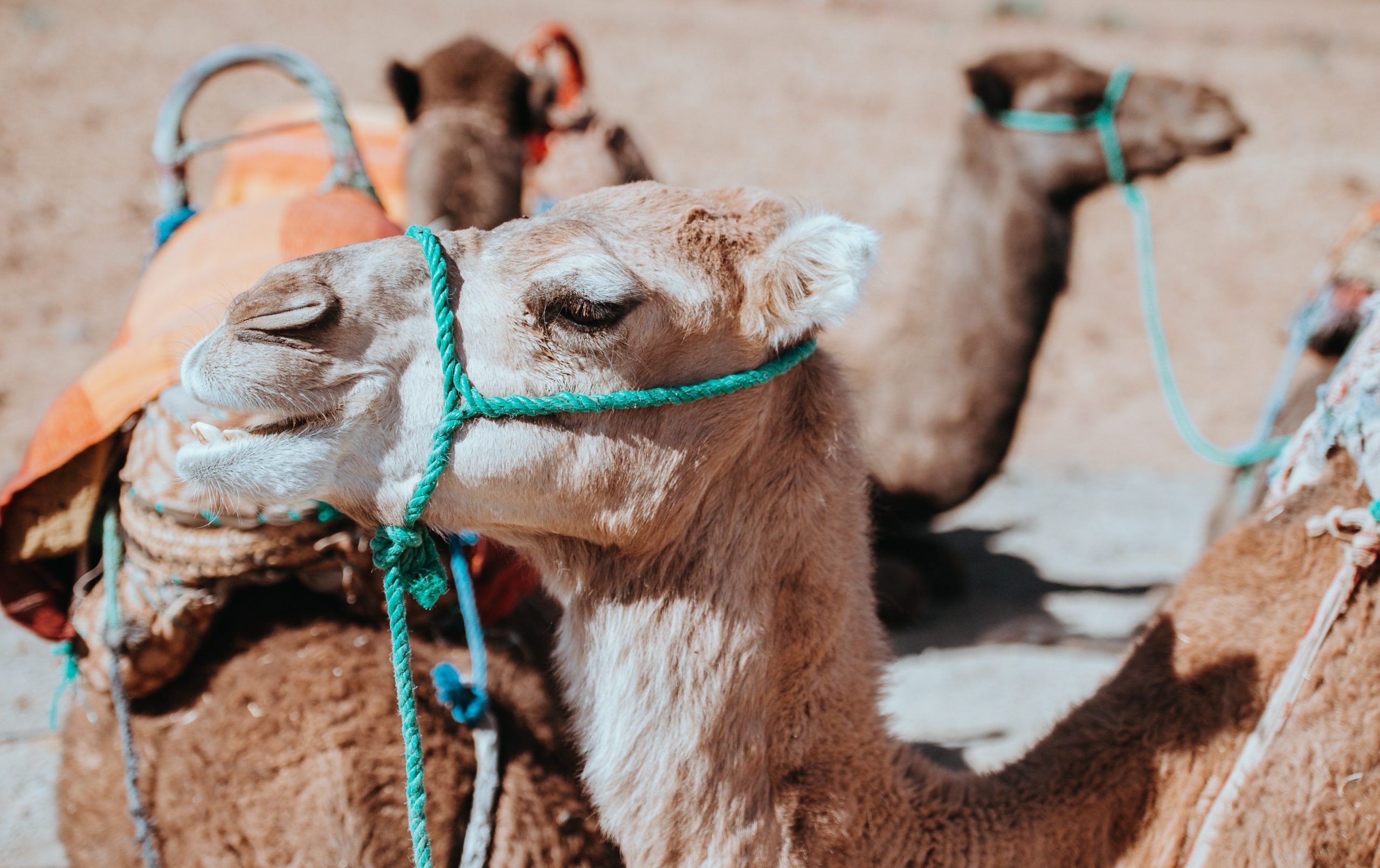The new, and one of a kind market aims to support the needs of livestock owners as well as the local sector.
Qatar’s premier investor in food and agriculture Hassad has announced the completion of a new camel market in the Abu Nakhla Area.
The market, which expands over an area of 70,000 squares, includes around 30 camel barns, 45 shops for fodder and other services, as well as a 3200 sq. auction area.

It will also host a camel slaughterhouse and a vibrant majlis for livestock owners, Hassad announced in a press release, saying it was designed to serve the needs of animal owners as well as support the local market.
Read also: Qatar’s stray animal problem: What can be done?
“In line with our investment strategy, which includes supporting and developing projects that supports in achieving food security for the state of Qatar, it is our pleasure to announce the completion of the new camel market located in Abu Nakhla,” Hassad Chief Executive Officer Mohamed Al Sadah said.
“As we aim to satisfy the needs of livestock owners and support in developing the local livestock sector,” Al Sadah added.

Camels are a huge part of Qatar’s heritage, especially its desert traditions. In ancient times, the animals were used as a means of transportation to travel long distances through the desert, helping Qataris explore different trade routes along the way.
The furry giants were also used by travellers to spread Islam in different regions around the world.
Nowadays, camels are still a huge part of the culture and are used for breeding as well as sports. In Qatar and neighbouring nations, camel racing is a popular entertainment activity.
Many also use the animal as an important source of meat and milk, especially during the annual Eid festivities.
The spacious market will be managed under Aswaq for Food Facilities Management (a subsidiary of Hassad) to ensure an efficient operation, the company added.

Those who wish to rent units can do so through the central markets committee.
Hassad has been a prominent local power in Qatar in terms of local food production and fodder.
Since the blockade in 2017, the corporation has worked to develop local central markets, as well as those in A’Sailiya, Al Wakra and Um Salal to support Qatar’s wider self-sufficiency goal.
Follow Doha News on Twitter, Instagram, Facebook and Youtube







